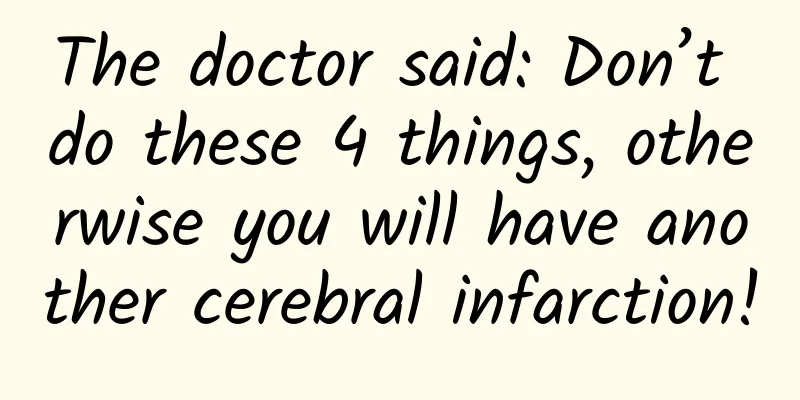University of Maryland School of Medicine: Study finds more than 70% of doctors still prescribe unsafe antibiotics

|
A study of primary care physicians found that based on a single positive urine sample, an estimated 70% would still recommend antibiotics to treat asymptomatic infections, despite long-standing medical standards advising against this practice. The study was recently published in JAMA Network Open. Researchers from the University of Maryland School of Medicine (UMSOM) conducted the study. Since 2005, medical societies have opposed the routine use of antibiotics in people who have bacteria found in a urine culture but who do not have signs of a urinary tract infection (UTI), such as a burning sensation or frequent urination. A large body of evidence shows that these drugs are ineffective in asymptomatic patients and can cause side effects such as diarrhea, vomiting, rashes and yeast infections. In rare cases, antibiotics have even caused death due to an overabundance of harmful bacteria, Clostridium difficile, in the colon. The overuse of these drugs has also led to a rise in bacterial infections that are difficult to treat and sometimes fatal because of their resistance to antibiotics. In the study, 723 primary care professionals from Texas, the Mid-Atlantic region, and the Pacific Northwest were asked how they would treat a fictitious patient with asymptomatic bacteriuria, which is when bacteria are detected in the urine of a patient with no signs of a urinary tract infection. They found that, despite doing so being contrary to recommended guidelines, 392 of the 551 responding physicians (71%) would choose to treat such a patient with antibiotics. "Our study suggests that primary care physicians are not following widely accepted recommendations to not prescribe antibiotics for asymptomatic bacteriuria," said lead author Jonathan Baghdadi, PhD, assistant professor of epidemiology and public health at UMSOM. "Some primary care physicians may not be aware of these recommendations, but an inappropriate prescribing culture may also be a contributing factor." Family physicians were more likely to prescribe unnecessary antibiotics than other specialties. Physicians who were doing residency or living in the Pacific Northwest were less likely to prescribe antibiotics. "We found that other factors also play a role in prescribing, such as whether a physician is more inclined to overtreat a condition and fears missing a diagnosis; that individual is more likely to be inclined to prescribe antibiotics compared to physicians who are more comfortable with uncertainty in their practice," said study leader Daniel Morgan, MD, professor of epidemiology and public health at UMSOM. One strategy to change practice could be educational programs for doctors who place a high priority on treatment, to ensure they don't miss possible infections, the researchers said in the article's conclusion. For example, reframing the term "unnecessary treatment" with antibiotics as "potentially harmful" treatment with antibiotics could help curb the trend toward overprescribing. UMSOM faculty members Lisa Pineles, Alison Lydecker, Larry Magde and Deborah Stevens are co-authors of the study. Researchers from the University of Colorado School of Medicine and Memorial Sloan-Kettering Cancer Center also contributed to the study. The research was supported by a National Institutes of Health New Innovator Award and a University of Maryland, Baltimore School of Clinical and Translational Research/Clinical and Translational Science Award. "This is an important finding that points to the importance of continuing medical education to help change outdated attitudes about antibiotics," said E. Albert Reece, MD, executive vice president for medical affairs at the University of Maryland, Baltimore County, and the John Z. and Akiko K. Bowers Distinguished Professor and dean of the University of Maryland School of Medicine. "Physicians are taught to first do no harm, and now we know that overuse of antibiotic therapy can lead to real harm." From cnBeta.COM |
<<: Model Y's rival? The B-class pioneer hunting SUV Song L is here!
Recommend
Is ChatGPT's core technology going to be replaced?
Techniques comparable to reinforcement learning w...
GetApp | User Operation Strategy Analysis Report
Since its launch in 2016, the Duode APP has devel...
How should short video advertisements such as Douyin and Kuaishou be placed?
1. Take a holistic view and use data to understan...
Should cancer patients undergo radiotherapy? Afraid of radiation and hair loss?
Radiotherapy is one of the main methods of treati...
The creator of Android announced his resignation and is willing to provide opportunities for more companies
Beijing time, October 31 morning news, Google ann...
Volkswagen's all-electric MPV ID.Buzz is about to enter China. The price determines its fate. The 180,000 yuan model will be very popular, while the 300,000 yuan model will definitely fail.
In the era of new energy, many old rules of the g...
App Store-Sad online route, analyzing the reasons and solutions for AppStore review failure
After submitting an app for review, developers wi...
After reading "Dream of the Red Chamber", I realized that coffee latte art is a leftover from the ancient Chinese...
Expert of this article: Pa Lize, Chief Physician ...
It is becoming increasingly difficult to flash a mobile phone. What should Android users do?
Since the birth of Android phones, flashing has a...
After collective self-excitement, we look back at the four major thresholds of high-end mobile phones
This year's Double 11 once again made domesti...
iOS 10 review: 23 major features fully analyzed! Click here for the upgrade tutorial
This is simply unbearable! iOS 10 hands-on experi...
Spot checks found that 19 batches of children's furniture were unqualified! The main problems were in these 6 points!
Children are naturally curious and like to experi...
First confirmed! This part of the human body evolved from fish gills
The international academic journal "Frontier...
Half of Chinese people are infected with Helicobacter pylori. Huaxi doctors: If you don't pay attention to this during the Chinese New Year, you are most likely to get
Happy New Year 🎉 Workers returning home The dinne...
Do dogs also have their periods? What should you do when they do?
A few days ago, a dog owner found that his dog ha...









